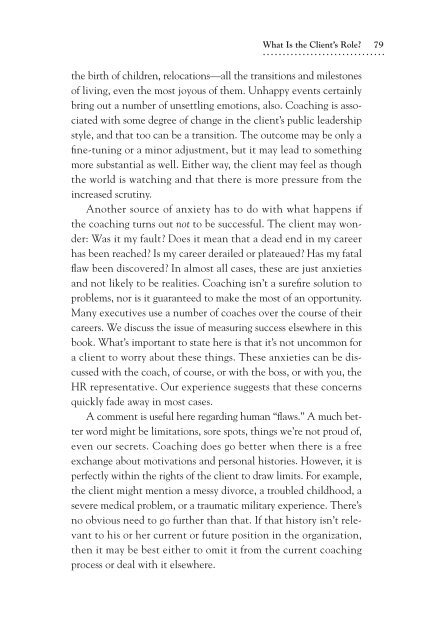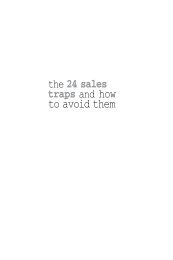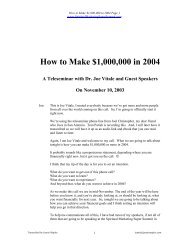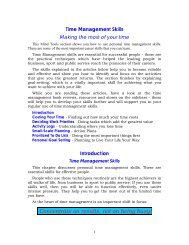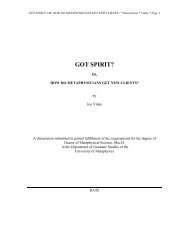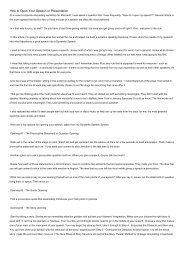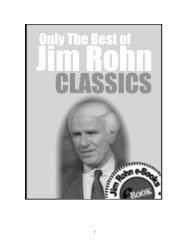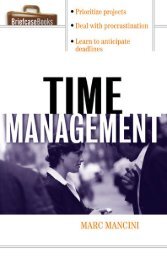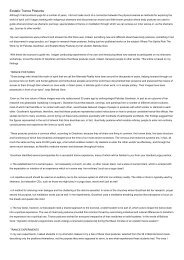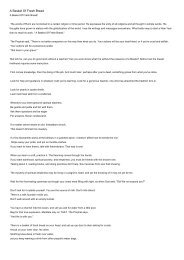Executive Coaching - A Guide For The HR Professional.pdf
Executive Coaching - A Guide For The HR Professional.pdf
Executive Coaching - A Guide For The HR Professional.pdf
You also want an ePaper? Increase the reach of your titles
YUMPU automatically turns print PDFs into web optimized ePapers that Google loves.
What Is the Client’s Role? 79<br />
...............................<br />
the birth of children, relocations—all the transitions and milestones<br />
of living, even the most joyous of them. Unhappy events certainly<br />
bring out a number of unsettling emotions, also. <strong>Coaching</strong> is associated<br />
with some degree of change in the client’s public leadership<br />
style, and that too can be a transition. <strong>The</strong> outcome may be only a<br />
fine-tuning or a minor adjustment, but it may lead to something<br />
more substantial as well. Either way, the client may feel as though<br />
the world is watching and that there is more pressure from the<br />
increased scrutiny.<br />
Another source of anxiety has to do with what happens if<br />
the coaching turns out not to be successful. <strong>The</strong> client may wonder:<br />
Was it my fault? Does it mean that a dead end in my career<br />
has been reached? Is my career derailed or plateaued? Has my fatal<br />
flaw been discovered? In almost all cases, these are just anxieties<br />
and not likely to be realities. <strong>Coaching</strong> isn’t a surefire solution to<br />
problems, nor is it guaranteed to make the most of an opportunity.<br />
Many executives use a number of coaches over the course of their<br />
careers. We discuss the issue of measuring success elsewhere in this<br />
book. What’s important to state here is that it’s not uncommon for<br />
a client to worry about these things. <strong>The</strong>se anxieties can be discussed<br />
with the coach, of course, or with the boss, or with you, the<br />
<strong>HR</strong> representative. Our experience suggests that these concerns<br />
quickly fade away in most cases.<br />
A comment is useful here regarding human “flaws.” A much better<br />
word might be limitations, sore spots, things we’re not proud of,<br />
even our secrets. <strong>Coaching</strong> does go better when there is a free<br />
exchange about motivations and personal histories. However, it is<br />
perfectly within the rights of the client to draw limits. <strong>For</strong> example,<br />
the client might mention a messy divorce, a troubled childhood, a<br />
severe medical problem, or a traumatic military experience. <strong>The</strong>re’s<br />
no obvious need to go further than that. If that history isn’t relevant<br />
to his or her current or future position in the organization,<br />
then it may be best either to omit it from the current coaching<br />
process or deal with it elsewhere.


